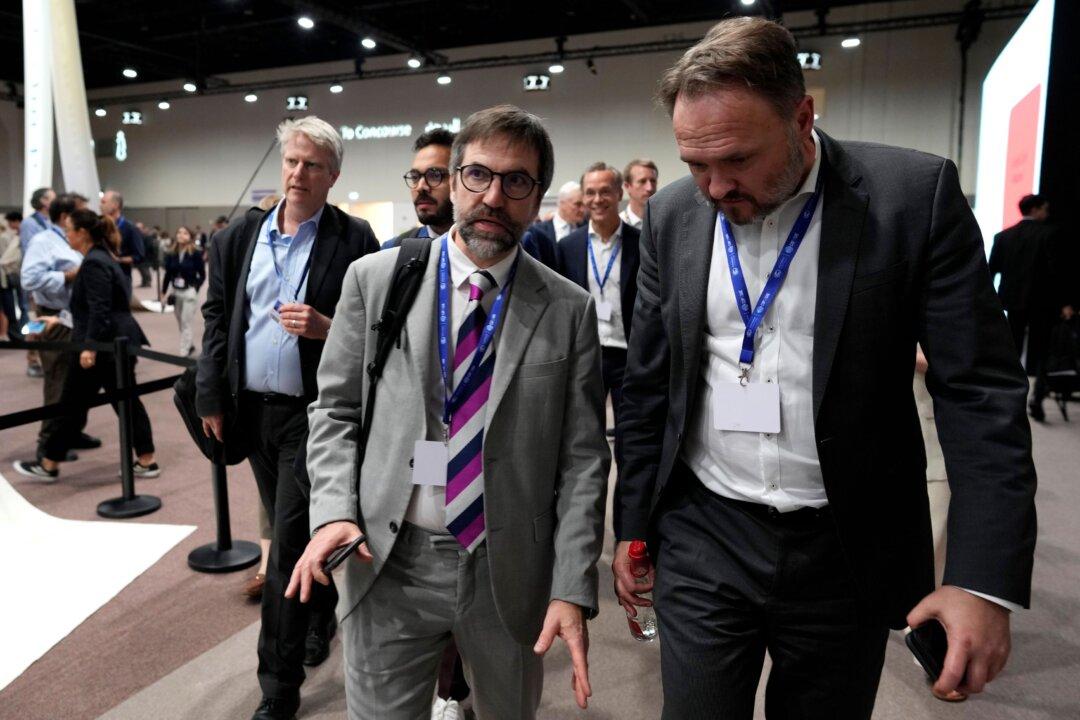In the final hours of the COP28 climate summit in Dubai, nearly 200 countries including Canada agreed to transition away from oil, gas, and coal by 2050, going further than previous commitments to achieve net-zero emissions by the middle of the century.
The governments are now expected to enact policies and initiatives to advance fossil fuel transitioning, as they did for the 2015 Paris Agreement, such as Canada’s 2030 emissions-reduction target.





